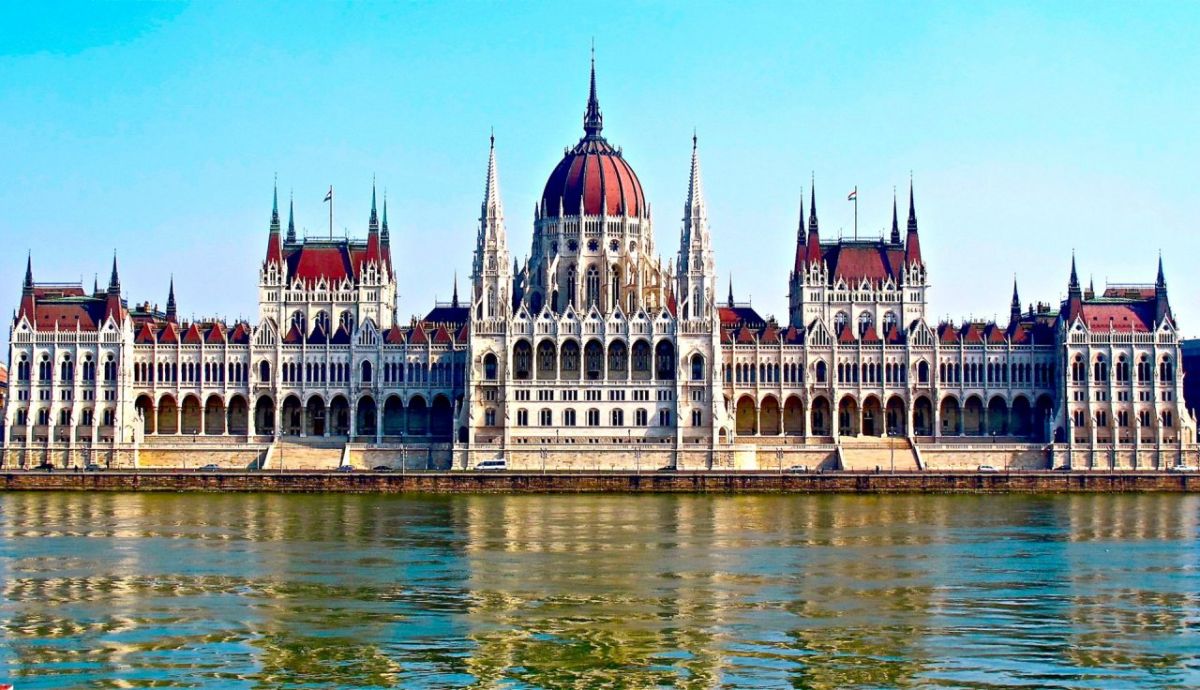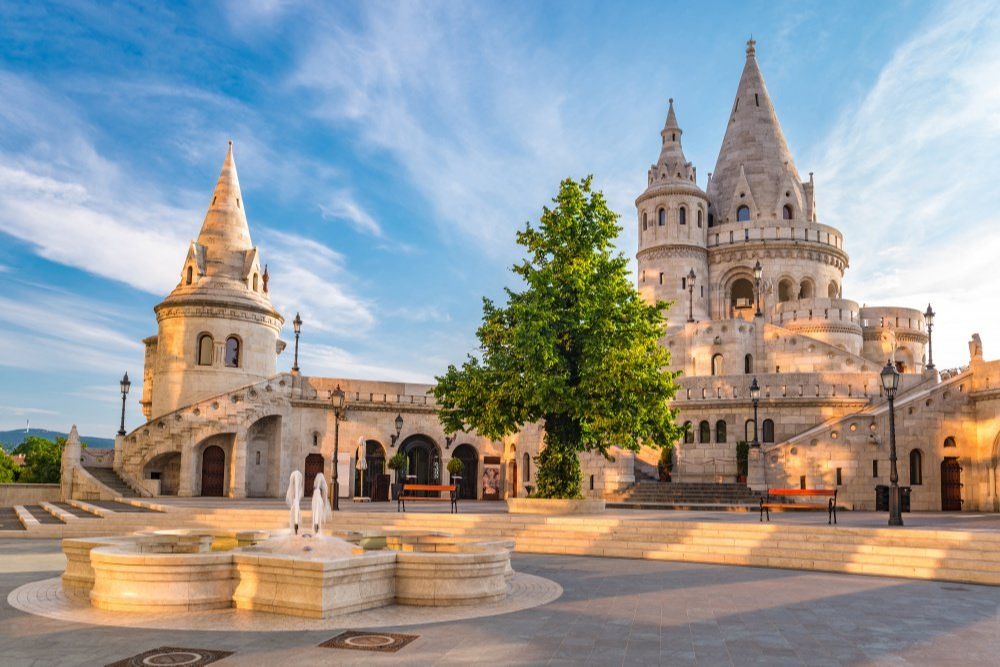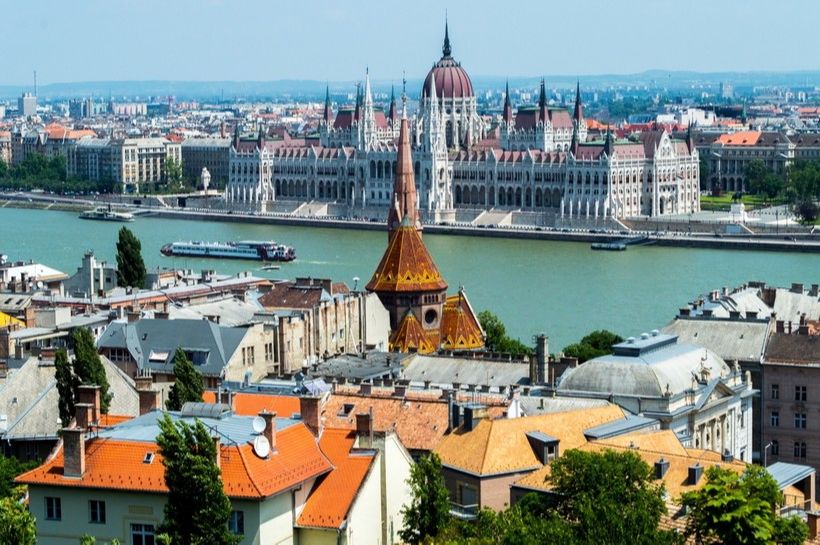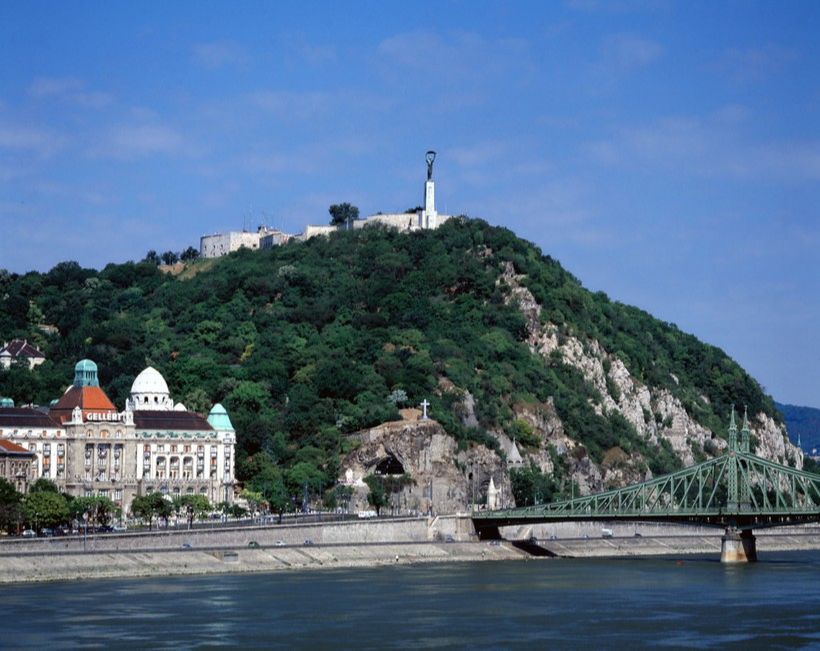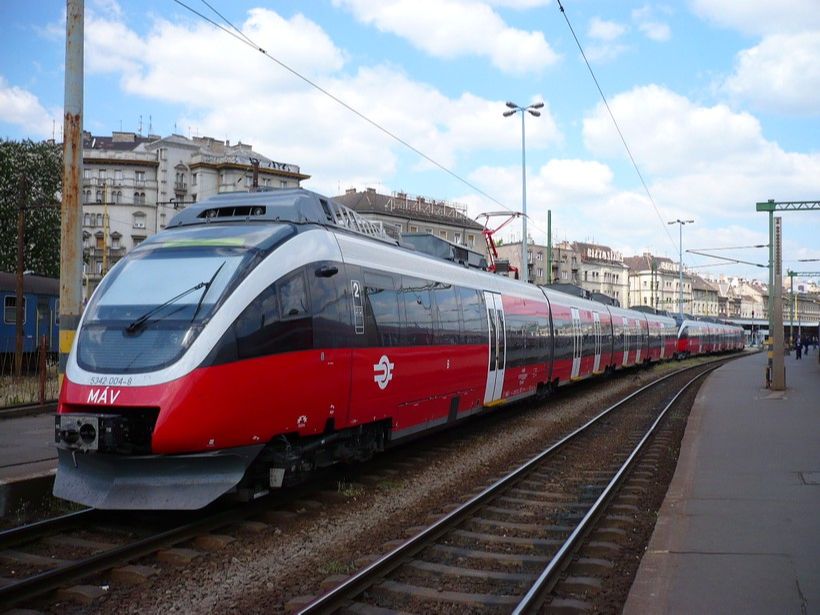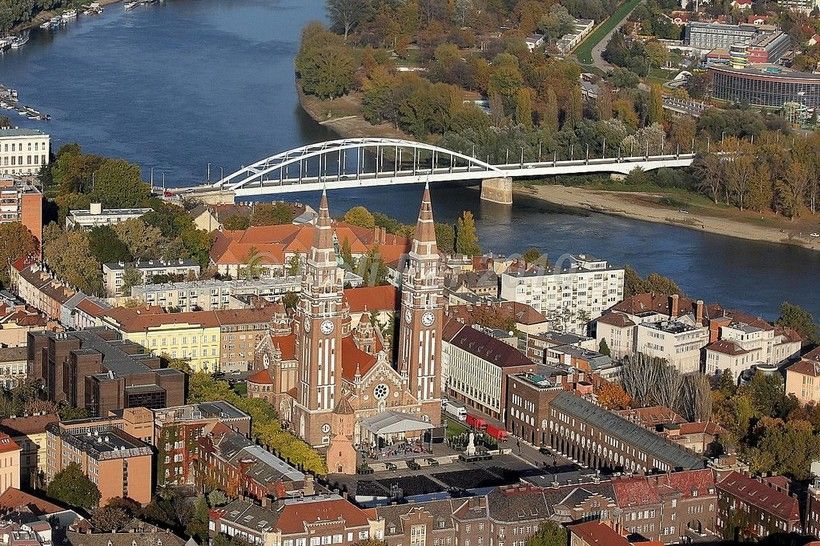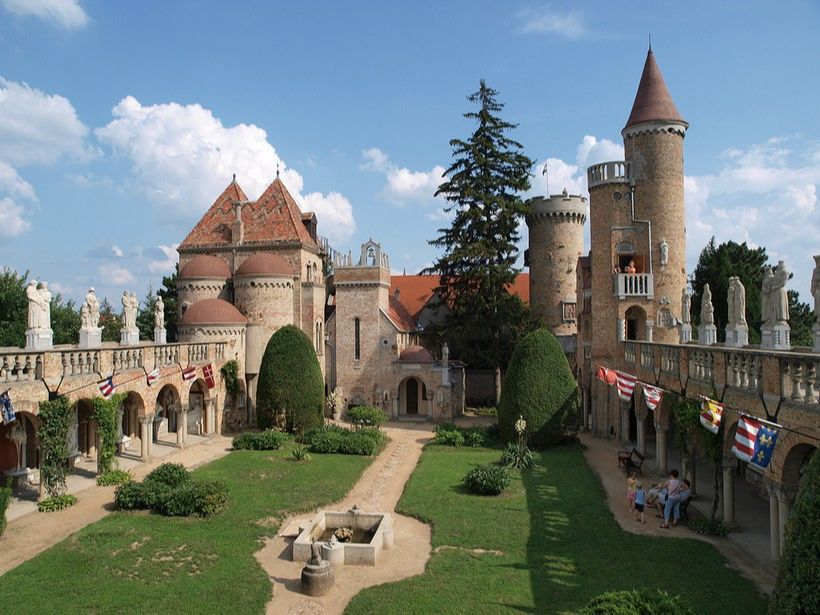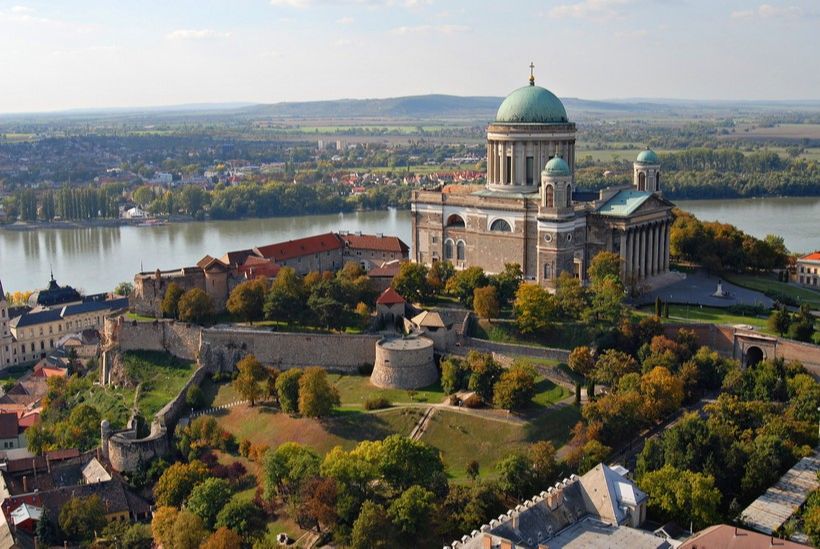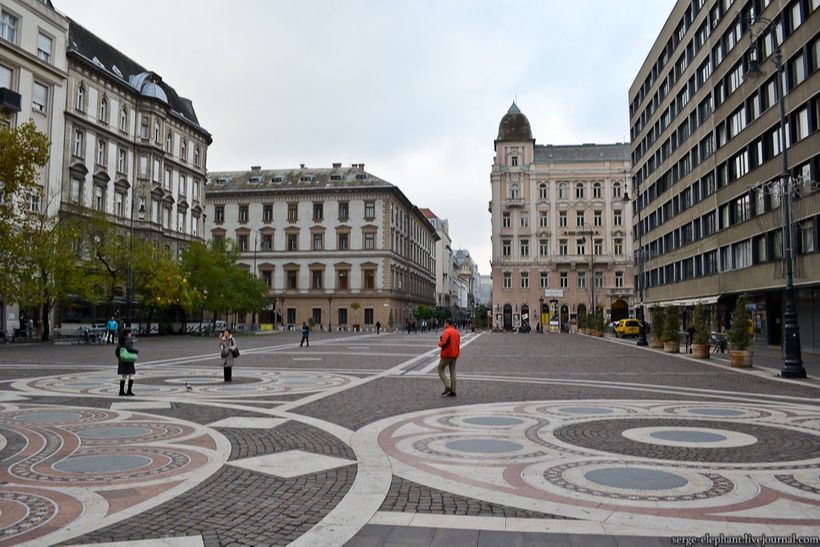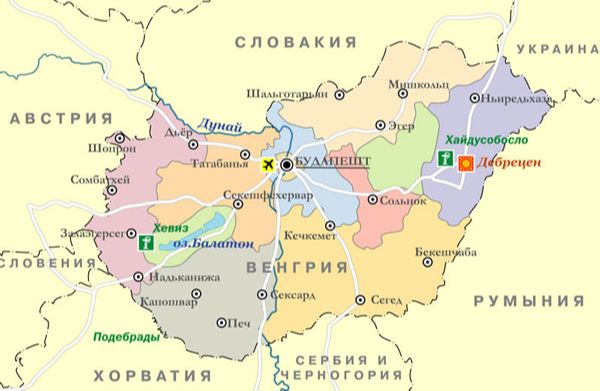Country Information
Information about Hungary
General information. Hungary is a country located in Central Europe. It borders in the north with Slovakia, in the west with Austria, in the southwest with Slovenia and Croatia, in the south with Serbia, in the southeast and east with Romania and in the northeast with Ukraine.
Territory - 93030 sq. km. Population - 9.77 million people,
2/3 of the population reside in urban areas, incl. 1/4 in the metropolitan area. The capital of the country is Budapest city (more than 1.7 million inhabitants). Large cities include: Debrecen, Miskolc, Szeged, Pecs, Gyor. Administratively, the country is divided into 19 regions and the capital, which has a special status.
By national composition, the vast majority of the population (about 90%) are Hungarians. National minorities: Roma (according to official figures - 309 thousand people, according to unofficial estimates - up to 1 million), Germans (132 thousand), Slovaks (30 thousand), Romanians (26 thousand), Croats (24 thousand), Serbs (7 thousand), Poles and Ukrainians (6 thousand each), Bulgarians and Greeks (4 thousand each), Armenians and Rusyns (3 thousand each), Slovenes (2 thousand). There is a fairly significant Jewish community (up to 100 thousand people). About 2.5 million Hungarians live in neighboring countries, and about 1.5 million people of Hungarian origin live in the USA, Canada, Israel, Australia, South Africa, a number of countries in Western Europe and Latin America.
Religion: Catholicism (Roman Catholic Church - 37%, Greek Catholic - 2% of the total population), Protestantism (Reformed Church - 12%, Evangelical - 2%), Orthodoxy - 0.14%, Judaism - 0.1 %, other confessions - 1.7%. 18% do not attain themselves to any religious association, 27% of the country's citizens did not declare religious affiliation.
Monetary unit: forint.
Public holiday: St. Stephen's Day (the founder of the Hungarian state) is celebrated on August 20.
State structure. Hungary is a parliamentary republic.
Since January 1, 2012, a new Constitution has been in force in the country, according to which the former name of the country "Republic of Hungary" has been replaced by "Hungary".
The highest organ of state authority and representation of people is the unicameral National Assembly (199 deputies).
The head of the Hungarian state is the President with limited constitutional powers, elected by the parliament for 5 years and no more than twice in a row.
The supreme body of state administration is the Government, headed by the Prime Minister, who is elected by the Parliament at the proposal of the party that won the elections, and is the main state official of the country.
The highest judicial bodies in the country are: the Kuria, which replaced the Supreme Court from January 1, 2012, and the Constitutional Court.
The basis of local administrative authorities are districs (in Budapest), cities and rural governments. Mayors and deputies of municipal assemblies are elected for 5 years by direct vote. The mayor of the capital since 2019 is Gergely Karácsony, who ran for the office from an opposition party.
Economy.
In 2019, the gross domestic product grew by 4.9%, significantly higher than the EU average. One of the main results of recent years has been a significant reduction of international influence on the Hungarian economy. Hungary's economic growth of 6.1% in Q3 2021 was better than expected, driven more by industry and construction and less by retail. Investments have made a significant contribution to the economic growth, mainly through the expansion of the capacities of large enterprises, the targeted use of EU funds and programs to stimulate housing construction.
Main economic indicators: At the end of 2020, according to the World Bank, Hungary's GDP is 163.4 billion US dollars. In the period before the start of the coronavirus pandemic, the average growth rate of the Hungarian economy (3.8%) exceeded that of the European Union (1.8%) and other countries of the Visegrad Group (an association of Central European states - Hungary, Poland, Slovakia and the Czech Republic) (3.1%) . The unemployment rate is 6%, inflation - 0.9%, the state budget deficit - 2.3% of GDP, public debt - 75.8% of GDP.
GDP per capita - 16,731 US dollars. The deposits of bauxite, lignite, as well as small reserves of natural gas and oil are of industrial importance, but it has favorable agro-climatic and recreational conditions, and an advantageous geographical position. Hungary has a fairly developed infrastructure, a high level of quality of education, and a high level of social mobility of the population.
International trade. The total volume of foreign trade in 2020 amounted to over 160 billion euros. The area of exports (90 billion euros) is dominated by components, semi-finished products and foodstuffs, area of imports (60 billion euros) is dominated by energy, raw materials, machinery equipment, and consumer goods. The share of exports to the countries of EU reaches 81% and 78% in the share of imports. Germany is the largest trading partner of Hungary.
Foreign policy. Hungary has diplomatic relations with more than 150 states. The country was admitted to the UN in 1955, joined the GATT in 1973, joined the IMF and IBRD in 1982, the Council of Europe - in 1991, the OECD - in 1996. In 1999 it was admitted to NATO, in 2004 - to the European Union, in 2007 joined the Schengen Agreement. In 2018, Hungary received observer status in the OTS. Hungary participates in regional cooperation structures: the Visegrad Group (together with Poland, the Czech Republic and Slovakia), the Central European Initiative (which includes 18 countries of Central and Eastern Europe). Budapest is the headquarters of the Danube Commission (an international intergovernmental organization established by the Convention on the Regime of Navigation on the Danube).
